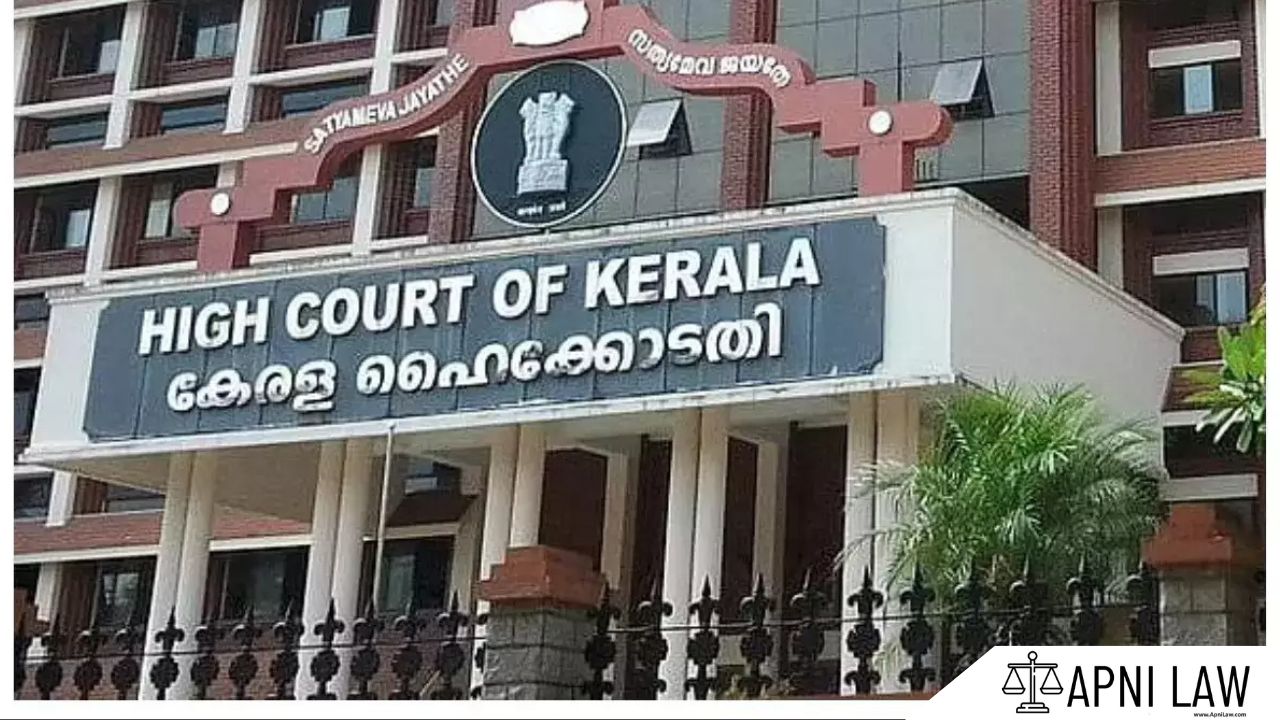Court Clarifies Interpretation of Section 13-B of Hindu Marriage Act
The Allahabad High Court ruled that the separation period before a divorce agreement must be considered under Section 13-B(1) of the Hindu Marriage Act, 1955. The Court clarified that the parties’ separation prior to their mutual divorce agreement cannot be ignored.
Section 13-B provides for divorce by mutual consent. Sub-section (1) allows parties to file for divorce if they have lived separately for over a year and cannot live together. Sub-section (2) explains the procedure for filing the petition.
The bench of Justice Arindam Sinha and Justice Avnish Saxena emphasized that the law requires one year of separation before filing the petition. They held that an agreement for mutual divorce during separation does not mean the parties reunited. The separation continues unless there is proof they lived together after the agreement.
Case Background
The parties married in 2004 and had three children. Differences arose, and they began living separately from January 12, 2022. On August 1, 2023, they agreed to file for divorce by mutual consent.
The Family Court, however, rejected their petition. It wrongly considered August 2, 2023, as the start of separation, treating it as the date after mutual consent.
The parties challenged the Family Court’s decision in the High Court.
Court’s Observations and Ruling
The High Court called both parties to appear. They confirmed they wished to dissolve the marriage and agreed that the mother would retain custody of the children.
The Court noted that the couple lived separately for over a year before filing the petition. It also observed that they had no physical relations since 2013. The mandatory six-month cooling-off period was also completed.
The Court ruled that the cause of action includes all facts. It held that merely agreeing for mutual divorce does not mean they reunited.
Thus, the Court dissolved the marriage and directed the decree for divorce to be drawn.








